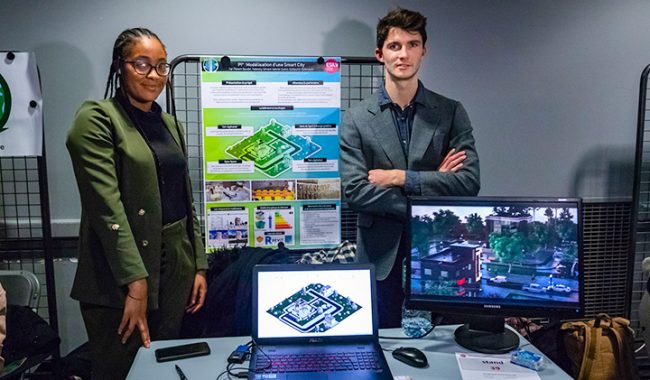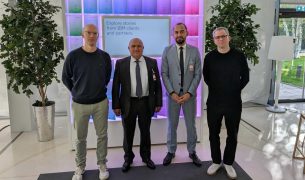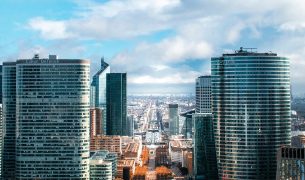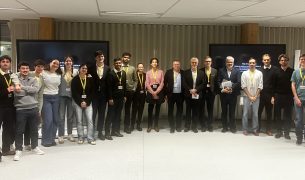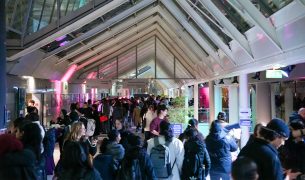Protecting the world’s ecosystem and cultural heritage should no longer be ink on paper. Building sustainable cities is not a scene in a sci-fi action movie, but rather a reality that needs to be addressed.
Making smart actions to develop cities and communities sustainable is no easy task, which is why it’s important to start early on and making a conscious decision by investing in sustainable cities that have a positive impact worldwide.
What are Sustainable Cities?
According to the United Nations Development Program, being a “Sustainable City” means “investment in public transport, creating green public spaces, and urban planning and management.”
A simple explanation to start with would be cities that minimize the inputs and outputs. This means:
- Using fewer resources
- Creating less waste, all related but not limited to water, air pollution, and energy.
Moreover, the world’s population is constantly increasing, which means that key stakeholders (governments, private sector, civil society) in the field need to work hard to accommodate everyone by designing and building modern, sustainable cities. This can only be executed through intelligent urban planning that creates safe, affordable and resilient cities with green and culturally inspiring living conditions.
Are They Really Necessary?
Working towards sustainable cities will mobilize and empower all urban actors around practical problem-solving. It will also address the specific challenges of urban poverty and access to infrastructure which has been a topic of interest for millennials and gen z who have been very vocal about it on digital platforms, particularly social media to raise awareness on health issues, sustainability, and the reduction of environmental impact on cities.
This is ultimately resulting in a career shift within the younger generation, who are opting for more humanitarian fields that positively leverage technologies for the benefit of humans, animals, and the ecosystem as a whole.
It’s all about multidisciplinary approaches to future engineering careers.
https://www.facebook.com/ESILVparis/videos/1993804823977819/
ESiLV’s New Major: Energy and Sustainable Cities
The main goal of this Major is to train students capable of designing, developing and governing Smart Buildings and Sustainable Cities. It also offers opportunities in job positions such as:
Smart Grid engineer, Energy manager, Smart urban planner, Mobility project manager, Smart grid manager, Smart City and IoT applications engineer, Smart Energy analyst, and Energy Data Analyst.
The curriculum will also share advanced knowledge of the energy issues, sustainable development and is based on three scientific pillars:
- Physics and energy management
- Digital technologies
- Modelling of cities and buildings.
What About Smart Cities?
Smart cities will also promote healthier communities and a better world for future generations, if of course, the technologies were not abused. They are built on complex and intelligent frameworks as well as digital networks, that connect:
- Citizens
- Governments
- Objects
Cloud-based software applications receive, manage, and analyse this data, and transform it into real-time intelligence that, ultimately, will help improve the way we work, travel and live.
A smart future requires smart academic choices: discover the new Engineering Master’s major in Energy and Sustainable Cities.









